
Bipolar disorder, also known as manic-depressive disorder, is a serious mood disorder. Patients suffering from this brain illness often experience unusual mood changes ranging from manic to depressive. Sometimes they might feel extremely happy, are more active than normally, while they might soon, and without any obvious reason, start feeling sad and depressive. These are usual difficulties that every child goes through; these symptoms are more intense in bipolar children. The disorder affects normal functioning of patients’ life and it may even lead to attempts to hurt themselves or even try to commit suicide.
Bipolar disorder may happen to anyone. Most people develop this illness in the late teens or early adult years and it most commonly lasts throughout a lifetime. Bipolar disorder developed in children (or early-onset bipolar disorder) may be more serious than in the older population. Their mood swings are also more frequent.
Causes of bipolar disorder
The causes of bipolar disorder vary between individuals; however, several main factors may be distinguished:Genetic heritage – bipolar disorder is an illness that runs in the family. Children with parent or sibling suffering from bipolar disorder may have greater chances of developing this mental illness.Abnormal brain structure and functioningAnxiety disorders – increases the risk of developing bipolar disorder as well.Symptoms of bipolar disorder
Children suffering from bipolar disorder experience strangely elevated or depressed states for different periods. A mood episode may sometimes last a week or two or even longer and the symptoms are present during the whole day. These mood episodes range from hyper state called “manic episode” to extremely sorrowful state called “depressive episode”. Sometimes children may have so called “mixed episode” that has both manic and depressive symptoms.
Manic episode symptoms:Acting joyful and silly in an abnormal wayHaving short temperTalking fast about various thingsHaving troubles sleeping and not feeling tiredHaving troubles to stay focusedTalking and thinking about sex more oftenDoing risky thingsDepressive episode symptoms:Feeling extremely miserableComplaining about pain, stomach-ache and headacheSleeping too little or too muchFeeling blameworthy and uselessEating too little or too muchBeing low on energy and without interest in amusing activities. Thinking about death and suicideTreatment
Unfortunately, there is no cure for bipolar disorder, but effective management methods, similar to those used in adult patients, are being used for children.
Medications are used depending on child’s reaction to it. Sometimes doctors may prescribe a couple of different types to see which one is the most effective. Parents should never stop giving their child medication without doctor’s advice. Sudden change may even worsen children’s condition.
Psychotherapy or talk therapy is also effective in dealing with children. It may help managing child’s behavior and socialization.It is important to understand that child’s bipolar disorder may change. If this happens, the treatment will have to adjust, too. Parents may help in treatment by keeping a chart of child's moods, behaviors, and sleep patterns so that the doctors may easily observe the effects of the treatment.






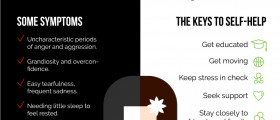
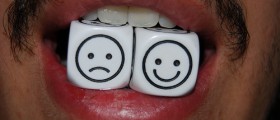
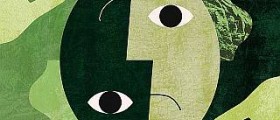


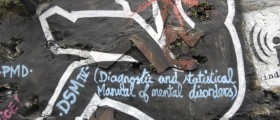

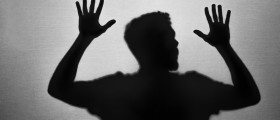
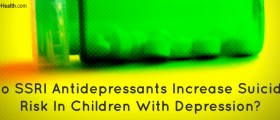


Your thoughts on this
Loading...